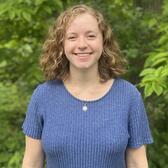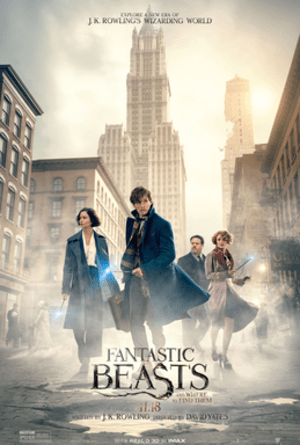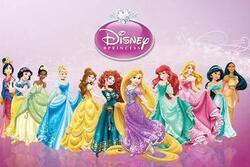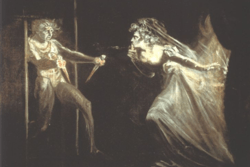Jewish-American Witches
Whether I was reading the books or watching the movies, giggling or sobbing, I spent much of my childhood in JK Rowling’s Wizarding World with protagonist Harry Potter. The movie Fantastic Beasts and Where to Find Them (2016) is also written by Rowling and takes place in the same magical universe, but it stars different characters in a different era. Fantastic Beasts also feels different than Harry Potter, darker, more serious. It follows Newt Scamander, a collector of magical creatures, as he travels to New York City in 1926. After his creatures escape, witches Tina and Queenie (and non-magical person Jacob) help him find them, confronting anti-wizard sentiment and fighting evil wizards along the way.
As a Jewish kid, Harry Potter made me feel left out. Every single character seemed to celebrate Christmas every winter. Then, in December 2014, a Hanukkah miracle happened: JK Rowling confirmed on Twitter that there was a Jewish character in Harry Potter. She said Anthony Goldstein, Harry’s school acquaintance, was Jewish. I was thrilled to see this small nod to my culture.
That was nothing compared to the excitement I felt when I first heard that the Fantastic Beasts movie would star Anthony’s distant relatives, two sisters named Tina and Queenie Goldstein, in 1920’s New York City. I couldn’t wait to see myself represented in a film starring two (presumably) Jewish women. Upon seeing the movie at the midnight premier, I fell in love with these new heroines. Tina was clever and brave; Queenie confident and charismatic.
Despite my positive feelings about them, I was disappointed that Tina and Queenie didn’t acknowledge their Jewishness, that the movie left this part of their identity ambiguous. Sometimes it’s fun as a Jewish viewer to get winks that fictional characters may be members of the tribe. The hints of Judaism in Fantastic Beasts, like Tina’s middle name being Esther and a glimpse of a challah, made me smile. But since having two Jewish women starring in such a global, mainstream fantasy film would be monumental, I wished that Tina and Queenie had claimed their heritage proudly like I do.
I was even more disappointed by the film’s lack of racial diversity. It takes place in New York City, for goodness sake! While I was delighted to see a black woman president of the Magical Congress of the USA, the only other characters of color played very minor roles. This is unacceptable; it’s vital that casts of movies be diverse. Lack of representation hurts young people’s self-esteem. Seeing characters of different races makes viewers more tolerant. It’s also important that this is done thoughtfully and respectfully, unlike JK Rowling’s recent published stories about the origins of American magic that appropriated Native culture.
Along with the lack of diversity, some disturbing stereotypes lurked under the surface of Fantastic Beasts. A singing goblin who entertained speakeasy goers seemed to be coded as a black woman, and the scheming goblin who owned the nightclub came off as a Jewish man. These bizarre characterizations made me deeply uncomfortable. Embedding stereotypes in non-human characters dehumanizes the actual human groups being stereotyped. It was a deeply disappointing choice on the part of the filmmakers.
As a young Jewish-American woman, the reality of my current world is distressing. Anti-Semitic incidents are rising, from an astounding total of 100 bomb threats to Jewish Community Centers in January and February to the vandalism of a cemetery in St. Louis and Philadelphia. In this current state of affairs, we can’t afford to normalize Jewish stereotypes. In fact, we need positive, realistic representations of Jewish people. The four upcoming movies in the Fantastic Beasts series should forgo stereotypes, and include specific references to Tina and Queenie’s Jewishness.
With all the problems our world is currently facing, it’s easy to feel despair. While I would suggest some improvements to the franchise, I hope the future Fantastic Beasts films will continue to portray the importance of resistance, so that we’ll be inspired to keep fighting.
This piece was written as part of JWA’s Rising Voices Fellowship.







